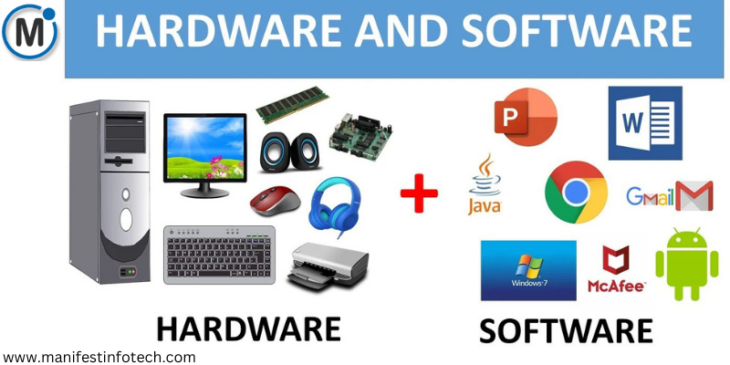
Extended Reality (XR), which includes Virtual Reality (VR), Augmented Reality (AR), and Mixed Reality (MR), is evolving rapidly with cutting-edge hardware and software advancements. In 2025, major tech companies are pushing the boundaries of immersive experiences with high-performance headsets, AI-driven enhancements, and cloud-powered XR applications.
Latest XR Hardware Innovations
1. Apple Vision Pro
Apple’s Vision Pro continues to dominate the premium XR space with its advanced eye-tracking, ultra-high-resolution displays, and seamless integration into Apple’s ecosystem. It enhances spatial computing, making applications in productivity, gaming, and entertainment more immersive.
2. Meta Quest 3 & Meta Quest Pro
Meta’s latest XR headsets, including the Quest 3 and the anticipated Quest Pro, offer improved mixed reality features with full-color passthrough, AI-driven interactions, and enhanced comfort. These devices are targeting both gamers and enterprise users for training, collaboration, and remote work.
3. Sony XR Headset
Sony is making waves in the XR gaming sector with its latest headset, designed for the PlayStation ecosystem. It features high-fidelity graphics, advanced haptic feedback, and better ergonomics to enhance the user experience.
4. Samsung XR Headset
Samsung has entered the XR market with a powerful mixed reality headset developed in collaboration with Qualcomm and Google. This device aims to compete with Apple and Meta by offering top-tier display technology and AI-powered features.
XR Software & AI-Powered Enhancements
1. AI-Driven XR Experiences
Artificial Intelligence (AI) is making XR applications more intuitive. AI-powered avatars, real-time object recognition, and gesture control are enhancing virtual interactions. These developments are particularly useful in training simulations, healthcare, and remote collaboration.
2. Cloud-Based XR & 5G Integration
With cloud computing and 5G connectivity, XR experiences are becoming more accessible without the need for high-end hardware. Streaming XR content over the cloud allows for seamless collaboration and interactive experiences from anywhere.
3. XR for Businesses and Training
Industries are adopting XR for corporate training, architecture, healthcare, and education. From surgical simulations to virtual product design, companies are leveraging XR to reduce costs and improve efficiency.
4. Ethical & Accessibility Considerations
As XR expands, developers are focusing on ethical AI, user privacy, and accessibility. More affordable and user-friendly devices are emerging, making XR technology accessible to a broader audience.
Conclusion
The XR industry in 2025 is shaping up to be more immersive, powerful, and user-friendly than ever before. With groundbreaking hardware from Apple, Meta, Sony, and Samsung, alongside AI-powered software and cloud-based solutions, XR is set to redefine how we work, play, and connect.
If you are looking for any services related to Website Development, App Development, Digital Marketing and SEO, just email us at nchouksey@manifestinfotech.com or Skype id: live:76bad32bff24d30d
𝐅𝐨𝐥𝐥𝐨𝐰 𝐔𝐬:
𝐋𝐢𝐧𝐤𝐞𝐝𝐢𝐧: linkedin.com/company/manifestinfotech
𝐅𝐚𝐜𝐞𝐛𝐨𝐨𝐤: facebook.com/manifestinfotech/
𝐈𝐧𝐬𝐭𝐚𝐠𝐫𝐚𝐦: instagram.com/manifestinfotech/
𝐓𝐰𝐢𝐭𝐭𝐞𝐫: twitter.com/Manifest_info
#XR #VirtualReality #AugmentedReality #MixedReality #AppleVisionPro #MetaQuest3 #SonyXR #SamsungXR #AI #CloudXR #FutureTech